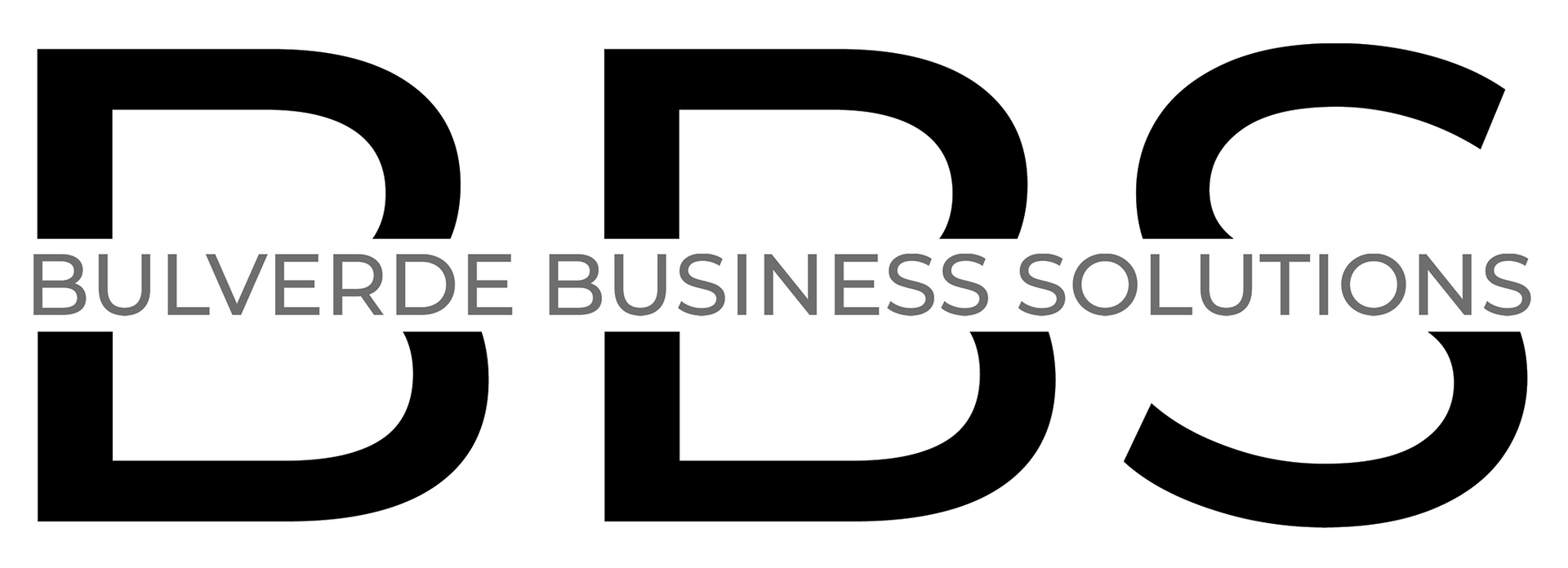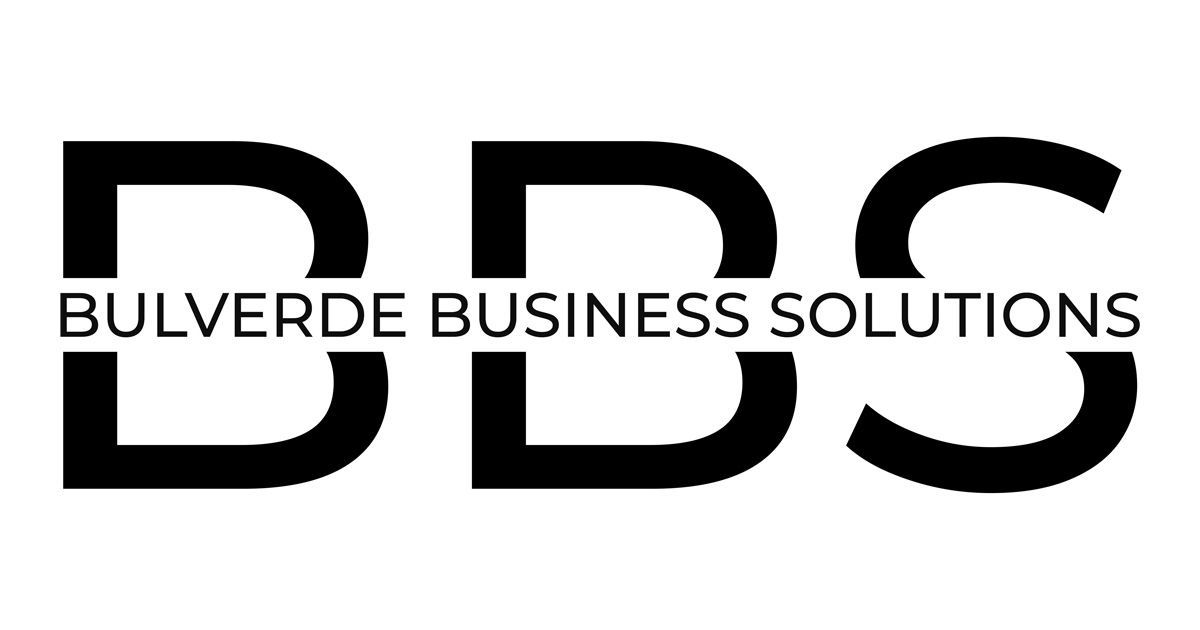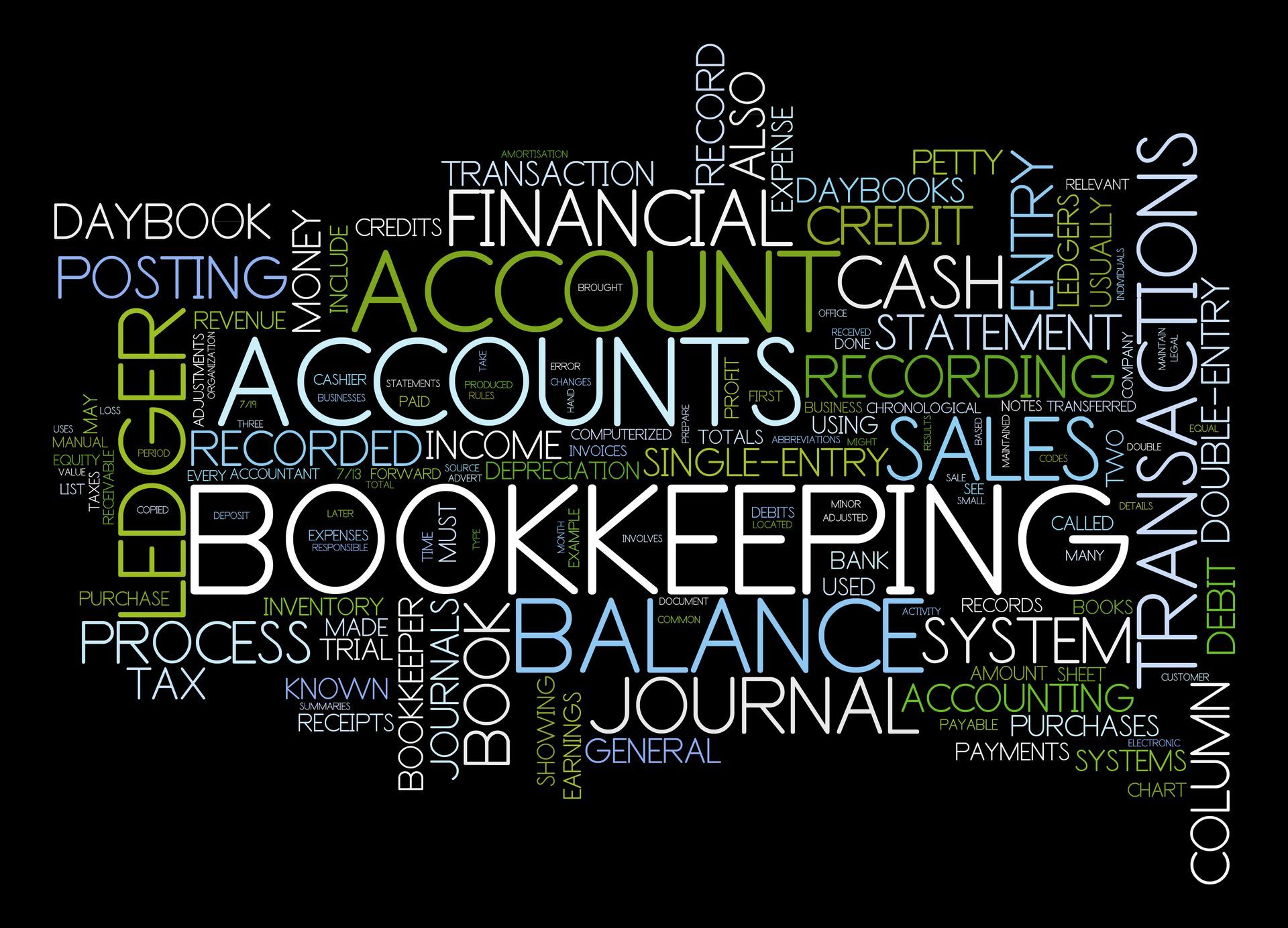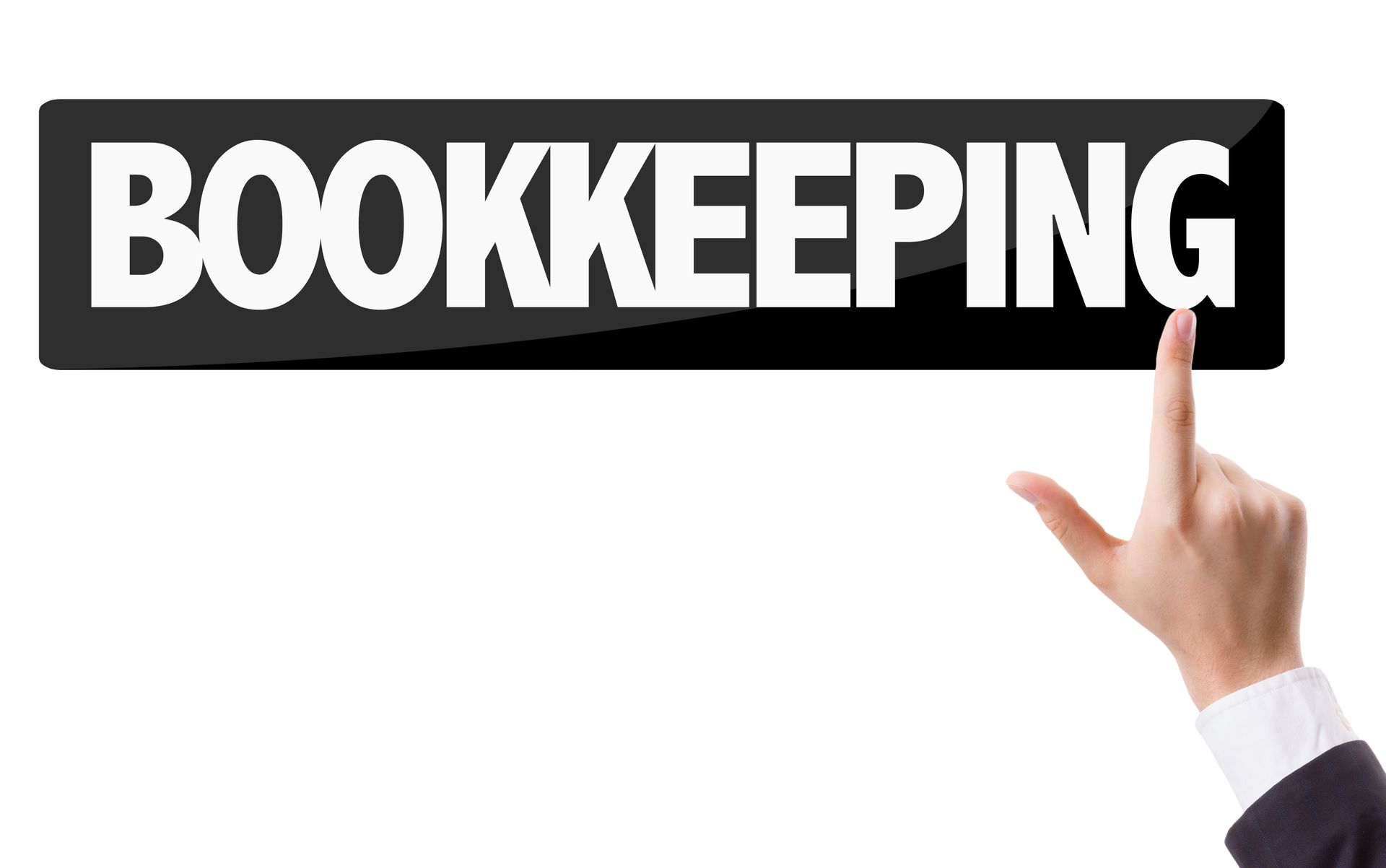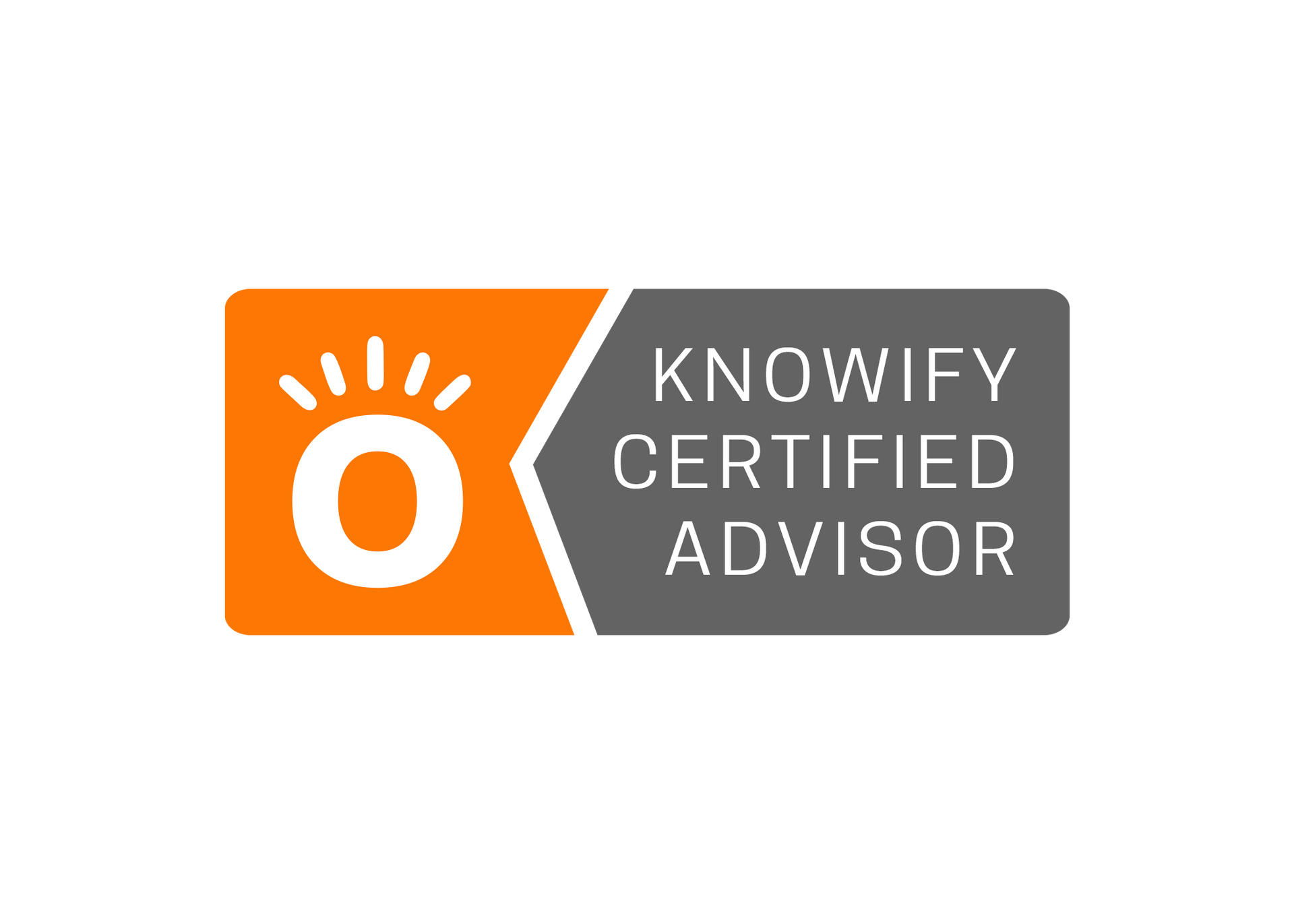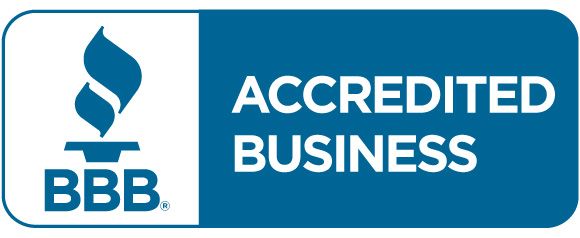What Is Certified Payroll? A Construction Guide for Contractors and Subcontractors
June 25, 2025
Certified payroll reporting is complex, but it doesn’t have to be. Here’s what construction businesses need to know — and why working with the right accounting partner matters.
What Is Certified Payroll?
Certified payroll is a specialized type of payroll reporting required on most government-funded construction projects. It ensures that workers are being paid fairly and in accordance with federal Davis-Bacon Act standards — including proper wages, fringe benefits, and classifications.
If your company works on public works contracts (federal, state, or municipal), you’re likely required to submit weekly certified payroll reports (typically Form WH-347).
🧾 What Information Must Be Included?
Certified payroll reports must detail:
- Employee name and identifying info
- Work classification (e.g., electrician, laborer)
- Hours worked (daily and weekly)
- Rate of pay (base + fringe benefits)
- Gross wages
- Deductions and net pay
- Project name, location, and contract number
And most importantly: A signed statement of compliance verifying that workers were paid correctly.
❗ Why Certified Payroll Is Challenging
Certified payroll is not standard payroll. Construction businesses face several extra layers of complexity:
- Multiple pay rates per employee (depending on job classification and worksite)
- Prevailing wage compliance across federal, state, and sometimes local levels
- Manual reporting errors and strict audit requirements
- Tracking fringe benefits like health insurance, pension, or training contributions
Missing a detail — or misclassifying a worker — can lead to hefty penalties, contract issues, or even disqualification from future bids.
🧠 Why Most Accounting Firms Don’t Offer This
Certified payroll requires niche knowledge of:
- Construction labor laws
- Government contract compliance
- Weekly reporting cycles
- Davis-Bacon and state-specific prevailing wage laws
It’s labor-intensive, rules-heavy, and constantly changing — which is why many generalist bookkeeping firms avoid it altogether.
💼 How Our Certified Payroll Service Helps
We specialize in helping construction firms stay compliant, efficient, and audit-ready. Our certified payroll service includes:
- Full weekly reporting (WH-347 or state equivalent)
- Prevailing wage classification and rate validation
- Tracking fringe benefits and deductions
- Digital time tracking integration (if needed)
- Automatic generation of certified statements
- Record retention and audit preparation
We serve general contractors, subcontractors, and specialty trades on projects of all sizes — from federal contracts to local public works jobs.
Certified payroll is a non-negotiable requirement for public construction work — but it doesn’t have to be a weekly headache. By partnering with a bookkeeping firm that understands the construction industry and prevailing wage laws, you can stay focused on the job site while we handle the paperwork. If you’re bidding on government contracts or already managing public projects, our certified payroll service will help you stay compliant, confident, and contract-ready.
Get a Free Consultation
Accurate, weekly bookkeeping tailored to small business owners—so you can grow with confidence.
Latest Posts

If you run or manage a commercial construction business, you already know how complex project management can be. Between changing timelines, rising material costs, subcontractor management, and client expectations, there's no shortage of challenges to juggle. However, one factor directly impacts your profits, cash flow, and ability to grow—job costing. At Bulverde Business Solutions, we help construction companies in Bulverde, Spring Branch, San Antonio, New Braunfels, and surrounding areas protect their bottom line by improving their job costing systems. In this blog, we'll explain job costing, why it matters, and how getting it right can make or break your business. What Is Job Costing? Job costing is tracking all costs associated with a specific project. This includes: Labor – Employee hours, subcontractor fees, and payroll taxes. Materials – Lumber, concrete, electrical supplies, and other building materials. Equipment – Machinery rentals, maintenance, and fuel costs. Overhead – Administrative costs, insurance, and utilities. Unlike standard bookkeeping, job costing breaks down costs by project, providing a clear financial picture of each job's performance. Why is job costing so crucial for construction companies? 1. Better Budget Management You're guessing whether you're staying within budget without accurate job costing. Job costing gives you real-time insights to identify when projects are starting to exceed estimates. This allows you to make adjustments before small overages turn into significant losses. 2. More Accurate Bidding If you consistently lose money on jobs or underbid projects, it's likely because you don't have a clear picture of your true costs. By tracking actual costs over time, you build a data-driven foundation for more competitive and profitable bids in the future. 3. Improved Cash Flow Job costing helps you keep an eye on both accounts payable and accounts receivable for each project. This ensures you're getting paid on time and not overspending before client payments. Stronger cash flow helps you take on larger projects without unnecessary financial strain. 4. Stronger Financial Reporting When your books are organized by project, your year-end financial reports become more accurate. This makes tax filing easier and gives your CPA the information they need to help you minimize tax liabilities. 5. Informed Decision-Making Accurate job costing helps you make better business decisions, such as: Knowing when to hire or scale back staff. Identifying which projects or clients are most profitable. Deciding whether to invest in new equipment or services. How We Help Construction Companies with Job Costing At Bulverde Business Solutions, we specialize in helping construction businesses set up and maintain accurate job costing systems. Our services include: Software Integration: We use platforms like QuickBooks and Foundation to set up project-specific tracking. Ongoing Bookkeeping: We track all costs per job in real time, so you always know where you stand. WIP Reporting: Our Work in Progress (WIP) reports give you a snapshot of profitability and progress at any stage. AIA Billing Support: We help manage AIA billing to keep your cash flow steady and documentation in compliance. Lien Waiver Tracking: We manage lien waivers to ensure smooth payment processing and legal protection. Don't Let Hidden Costs Drain Your Profits Suppose you're tired of wondering where your money is going on projects or constantly chasing cash flow. In that case, it's time to get serious about job costing. Contact Bulverde Business Solutions today to schedule a consultation. We proudly serve construction companies throughout Bulverde, Spring Branch, San Antonio, New Braunfels, and beyond. Let us help you build smarter, bid better, and boost your profitability.
